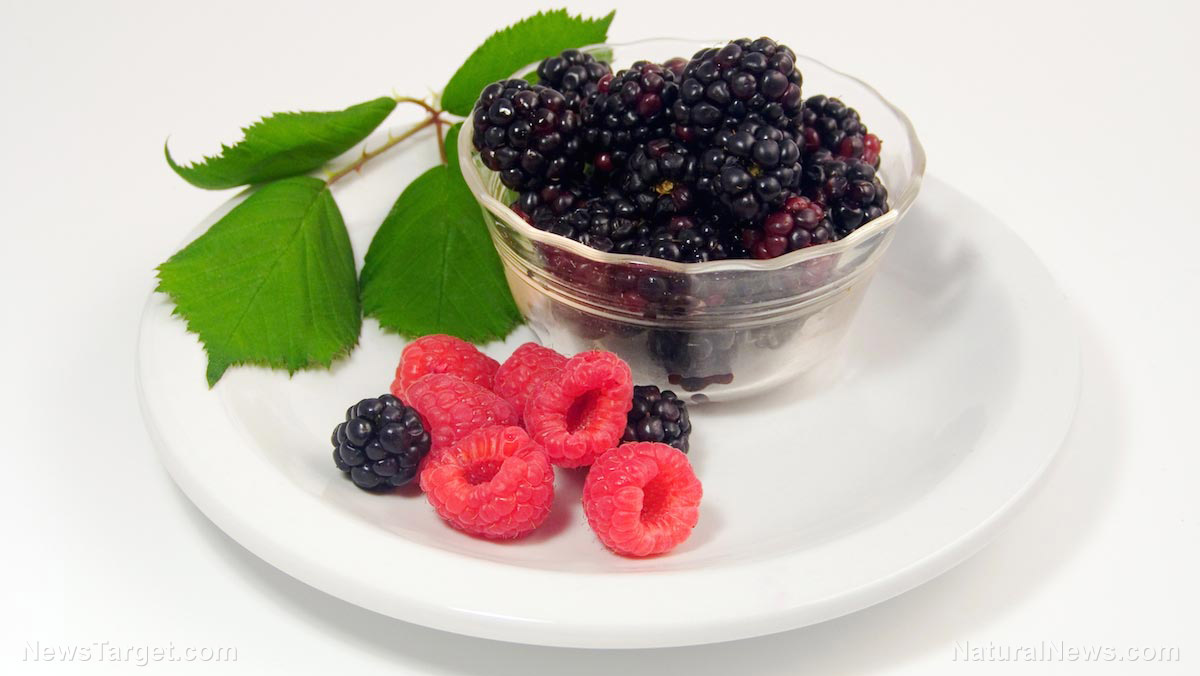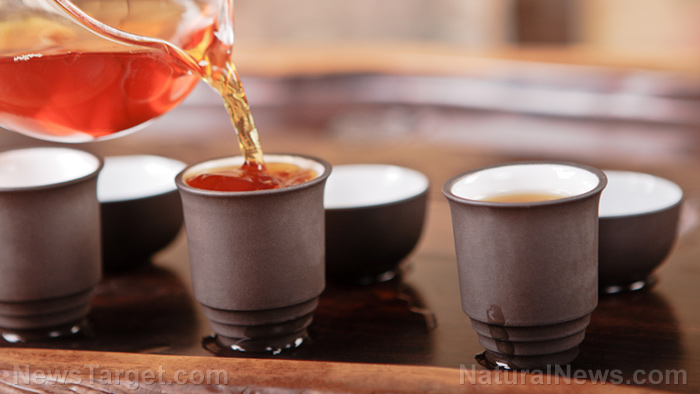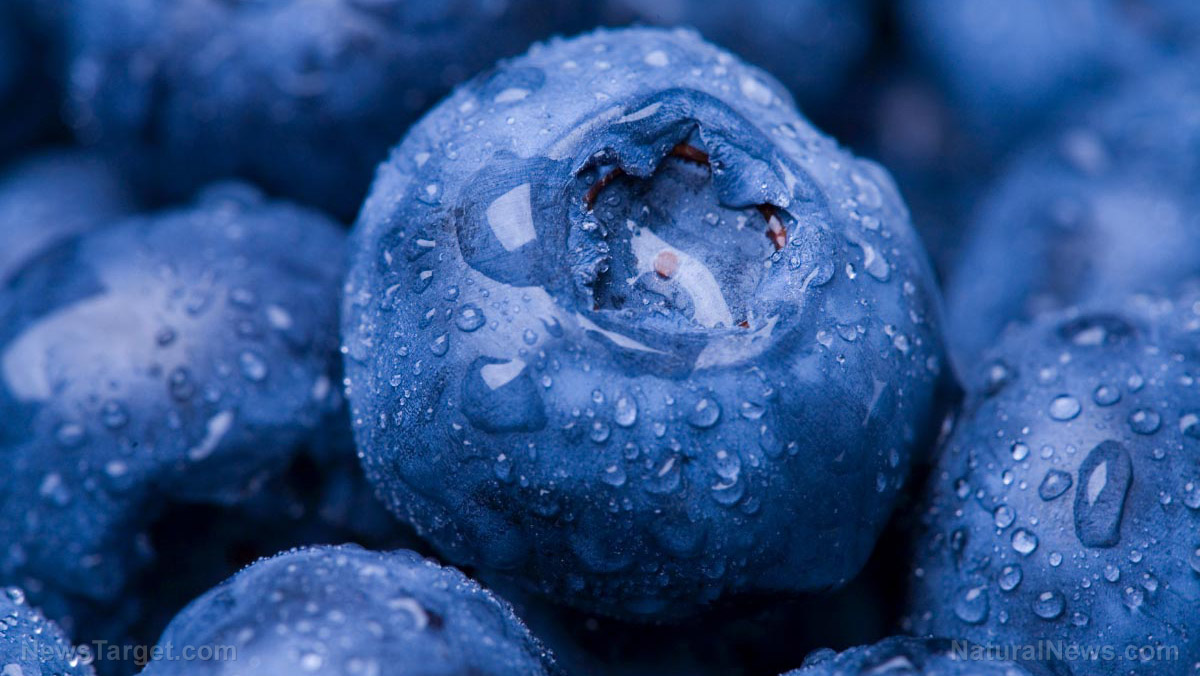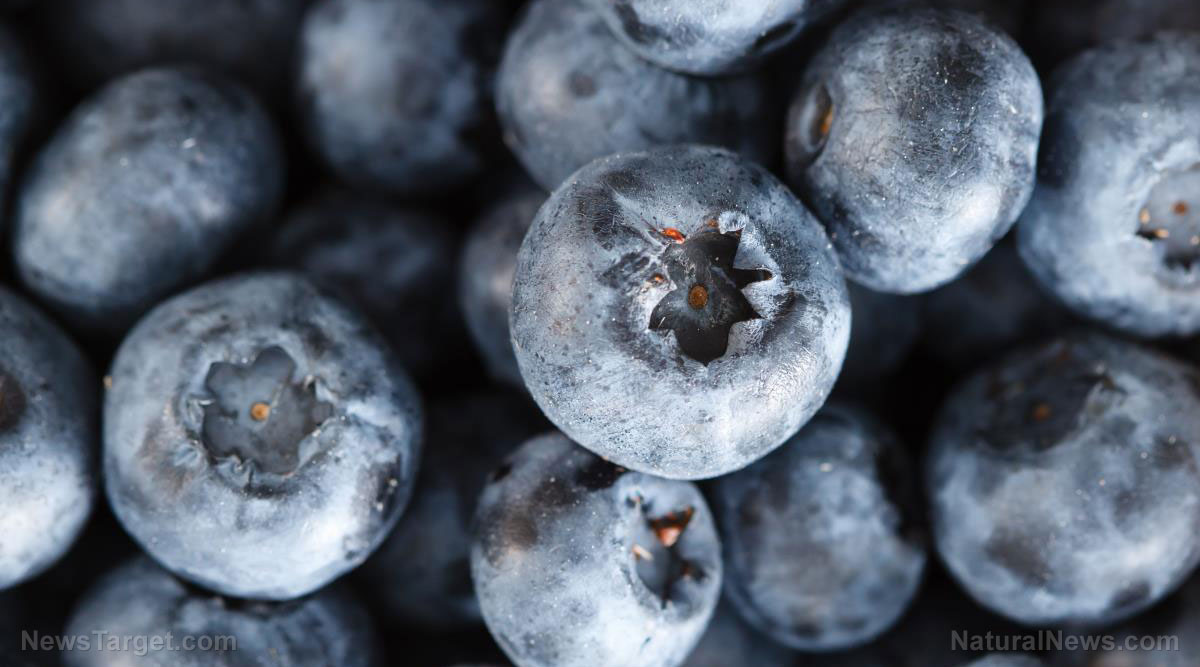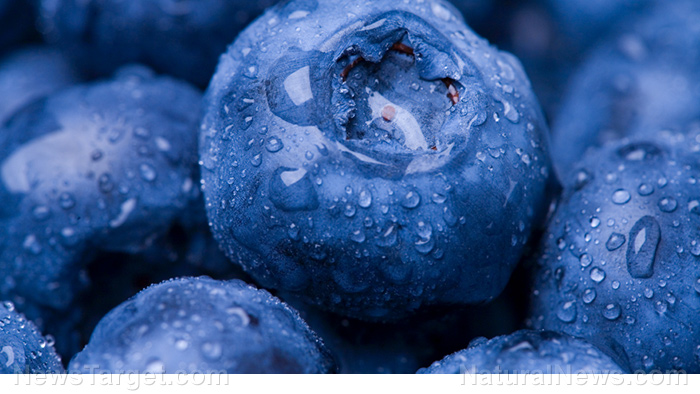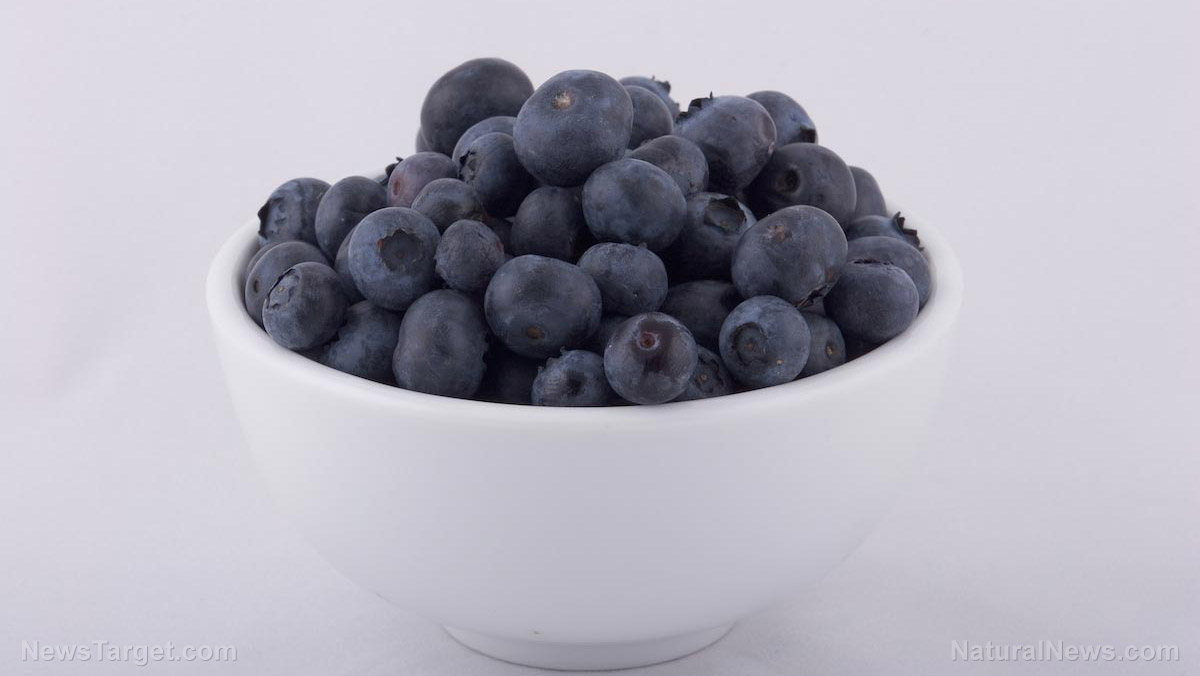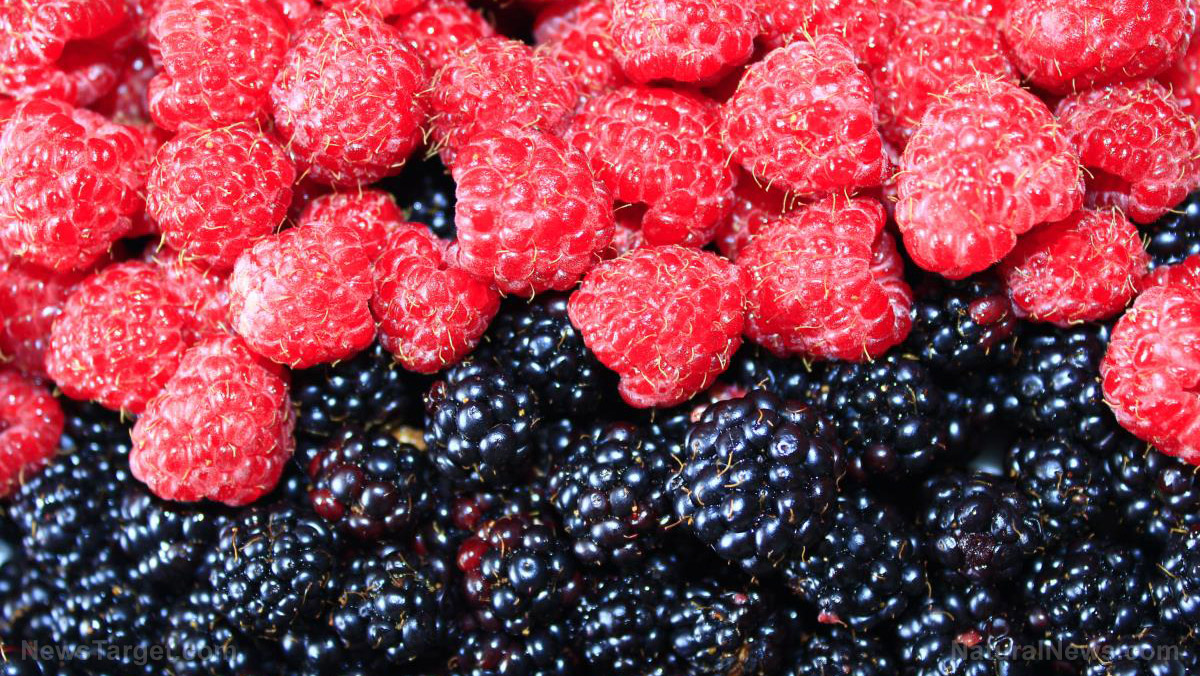Wild bees are ESSENTIAL for producing larger and better blueberries
05/25/2019 / By Zoey Sky

Pollinators are crucial to food production around the globe. In the U.S. alone, at least a third of all agricultural output hinges on pollinators. According to a fascinating study, having pollinators like wild bees is crucial to the production of larger blueberries.
The study was published in the journal Agriculture, Ecosystems and Environment and conducted by researchers from the University of Vermont (UVM). It is the first study to show that wild bees improve blueberry quantities and other quality factors.
Wild bees and better blueberries
The researchers reported that wild bees offer major benefits for berry farmers, such as greater berry size (12 percent), quantity (12 percent), size consistency (11 percent), and earlier harvests by about two and a half days.
Charles Nicholson, a doctorate student in UVM’s Gund Institute for Environment and Rubenstein School of Environment and Natural Resources who also led the study, explained that while earlier research looked in the effect of bees on blueberry yields, this study was the first to determine how pollinators can also improve crop quality.
The researchers shared that out of the nine blueberry farms studied all over Vermont, wild bees could help improve production by at least 36 percent, or an estimated $136,000 annually, for one mid-sized berry farm alone. As for other farms, the researchers believe that wild bees can boost production by an average of at least six percent.
The study emphasizes the important yet undervalued work that wild bees do. At least two-thirds of the world’s most important crops require bee pollination, such as cacao (for chocolate), coffee, and many fruits and vegetables.
Without bees, farmers must find pollination elsewhere, such as by paying high rental fees to bring in honeybees. The findings present a farm-scale perspective to current global estimates of wild bees’ economic benefits in the billions, annually. While it is equal to that of honeybees, wild bees come with less associated costs.
The researchers explained that since honeybees visit Vermont blueberries less frequently compared to other blueberry growing regions, the Green Mountain State was the perfect location to isolate the value of wild bees to berry farmers.
Taylor Ricketts, the director of UVM’s Gund Institute for Environment, noted that the majority of pollination research takes place in regions full of honeybees. However, this makes it difficult to determine how much wild bees can help farmers.
For the study, the researchers hand-pollinated blueberry plants in all nine research sites. They used electric toothbrushes to mimic the buzz pollination of bumblebees, then they painted the collected pollen on more than 5,000 blueberry flowers with small brushes.
The research team compared production on these flowers, which received near-perfect pollination, to other naturally pollinated branches. The difference between the two conditions determined each farm’s “pollination deficit,” which refers to “the amount by which production could be improved with an increase in wild pollinators.”
Not many farmers realize that not having enough pollinators can limit crop growth just like a lack of soil nutrients or water.
Wild pollinators should also be protected because wild bees, especially bumblebees, are better at pollinating blueberries compared to honeybees. Bumblebees have evolved their ability to “buzz pollinate,” wherein they vibrate blueberry flowers at a specific frequency to efficiently release showers of pollen. Aside from blueberries, bumblebees can effectively pollinate cranberries, kiwifruit, and tomatoes.
Since honeybees are unable to do this, they resort to less effective techniques to release pollen from flowers.
Tips for protecting wild bees
The researchers advised that homeowners, farmers, and policymakers can protect wild bees through the following ways:
- Mowing less.
- Planting native wildflowers.
- Putting out “beeboxes,” which are similar to birdhouses, but for wild bees.
- Using fewer pesticides or switching to non-toxic pesticides. (Related: Hummingbirds and bumble bees are being exposed to neonicotinoid pesticides at alarming rates.)
- Maintaining a high proportion of natural bee habitat around farms.
Ricketts warned that the study highlights the importance of protecting wild bee populations that can offer various benefits to the agricultural economy.
Sources include:
Tagged Under: agriculture, bees, Blueberries, bumblebees, crop health, crops, ecology, environ, environment, food supply, fruits, harvest, pollination, pollinators, wild bees, wild pollinators
RECENT NEWS & ARTICLES
COPYRIGHT © 2017 BLUEBERRIES NEWS




